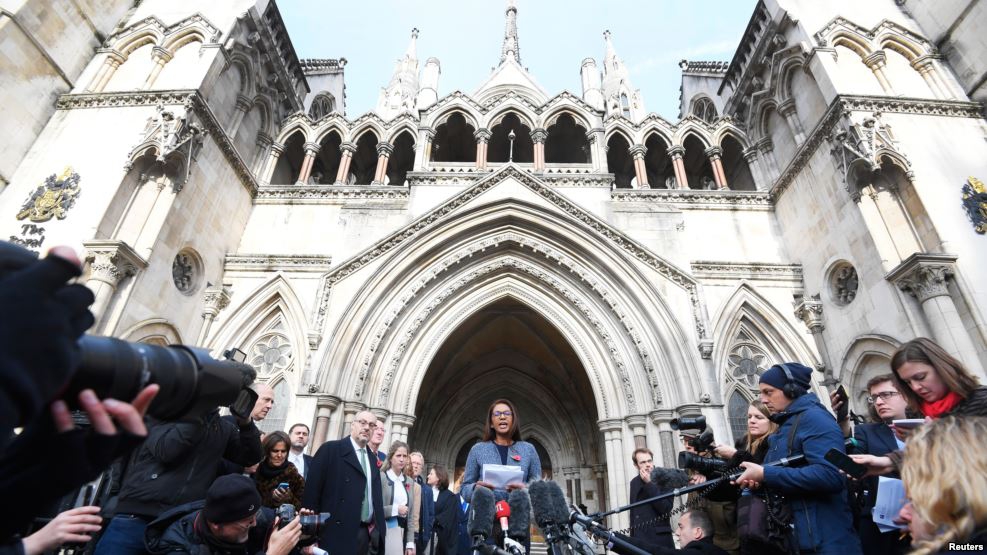
 High Court rules May must give Parliament a say before triggering Article 50
High Court rules May must give Parliament a say before triggering Article 50
Judges ruled that before Theresa May can triggered Article 50, Parliament must take a vote.

The landmark ruling has left her plan to start Britain's departure from the EU in a tight corner. She planned to set Article 50 off using royal prerogative and only offer MPs a vote on the result of negotiations. Now this is legally impossible after judges at the High Court ruled that MPs must have their say on the prime ministers negotiating plan.
Downing Street will be appealing against the High Courts ruling at the Supreme Court, but if they lose their case May's plan to evoke Article 50 by the end of March may be a little more difficult. The prime minister had promised EU leaders that Article 50 will be moved by this time - now she's at the peril of Parliament.

The three judges, Lord Justice Sale, Lord Thomas & Sir Terence, received huge amounts of flak from papers like The Sun and The Daily Mail following their ruling.
The ruling brings hope to MPs who wanted Britain to remain the EU's single market, or at least have access to, rather than a Hard Brexit as Mrs May suggested at the Tory Party Conference earlier this year. Though the ruling hasn't be welcomed with opened arms by everyone, with Farage saying "A betrayal may now be at hand".
He added "I now fear that every attempt will be made to block or delay the triggering of Article 50".

Gina Miller, lead campaigner for the ruling at the High Court told BBC Radio 4 'We're all leavers now'.
Campaigners, led by Gina Miller, launched legal action as there is no constitutional right allowing the Government to make moves that will lead to UK citizen's losing their rights - only Parliament could make such a huge decision. Gina Miller insists this isn't an attempt to block the Brexit vote, but to "answer a fundamental legal question about the powers that can be used by the prime minister and whether they can sidestep parliament".
After the ruling, the judges said they weren't interested "with the merits of leaving the EU", asserting that this case was 'a pure question of law."
